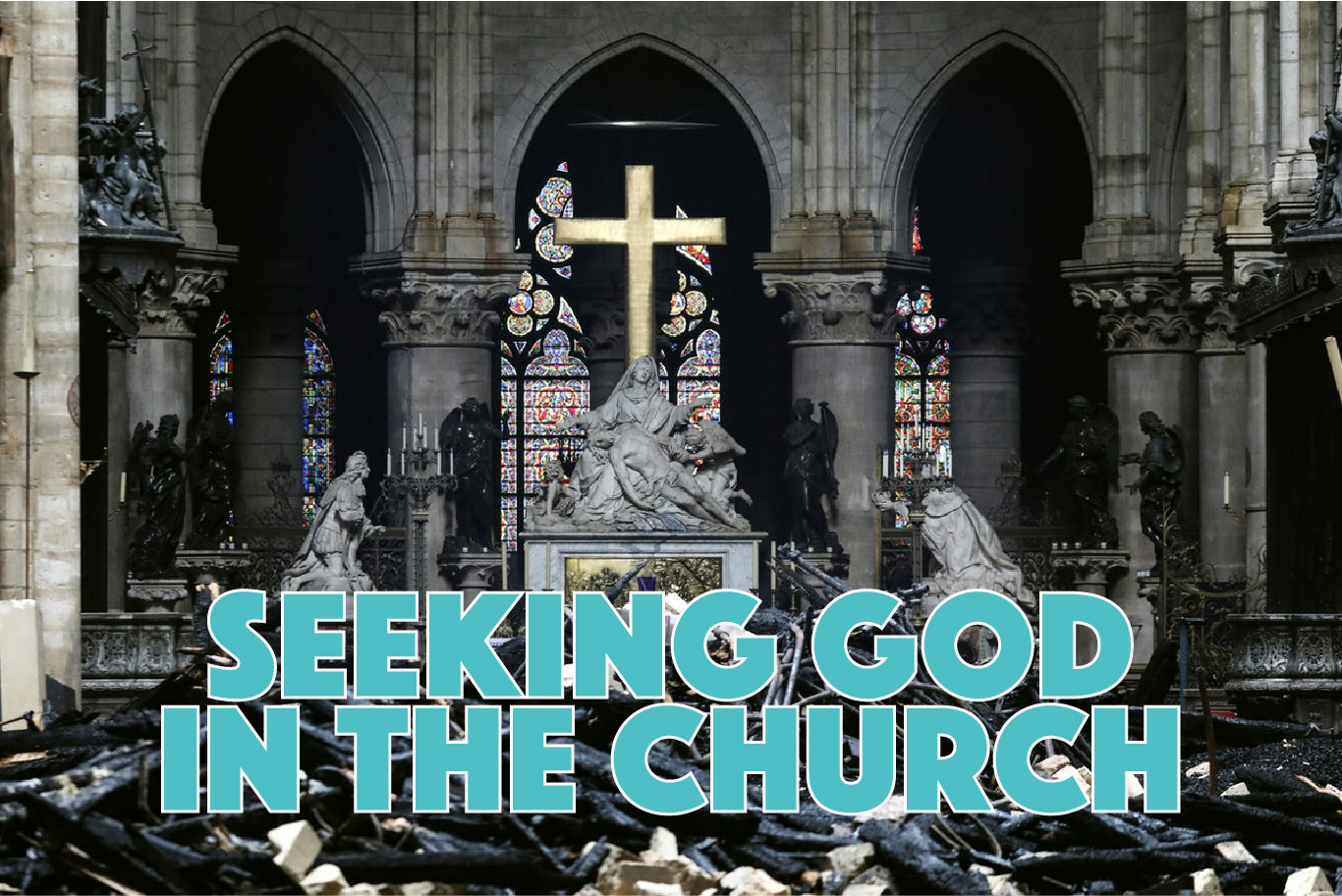
Language shapes the way we think, and determines what we can think about. That’s the dominant contemporary approach to linguistics today, rooted in the work of Yale Professor Benjamin Lee Whorf observed different language groups and their respective cultures during the 1930-40s, concluding that “Language is not simply a reporting device for experience but a defining framework for it.” Today many linguists expand this idea describing thoughts, language, and culture as three strands braided together that make up human experience. Professor Lera Boroditsky of Standford gave a recent TED talk on this idea which might seems too abstract to matter to daily life. The recent movie “Arrival” it is based upon this idea. If how and what we speak as language and the culture in which we live shape how we experience, think and represent reality, how do we talk about God when we talk about God?
Today’s scripture talks of the mystery of God’s purpose made visible in the image and person of Jesus the Christ (verse 15). Today we often talk of the mystery of God’s purpose and passion made visible (tangible) in the sacraments. Augustine of Hippo, the great theologian of the 4th century who has significantly shaped the practice of Christianity, defined sacrament as “the visible form of an invisible grace” or “a sign of a sacred thing.”
The word sacrament comes from Latin word sacer (“holy”) combined with the the Greek word mystērion (“secret rite”). Originally the word sacramentum was used in Roman law to describe a legal oath in which supernatural powers were invoked and sworn by to uphold a contract. It later came to mean an oath of allegiance taken by soldiers to their commanders, sworn in a sacred place and using a religious formula.
For us today, a sacrament is a religious sign or symbol, in which a sacred or spiritual power is believed to be transmitted through material elements viewed as channels of divine grace. It’s through communion (the sacred meal) that we are fed and nourished to continue in faith. Baptism is our “sacred birth” via death and resurrection, into the person, passion and purpose of Christ Jesus. And if we apply the notion that language shapes not only how we talk of the world but how we see and experience it, then we could say that our testimony, the scripture, our speaking of faith together is also a sacrament: an action that makes sacred, or hallows, an experience of the mystery of God’s love, goodness and grace.
Questions for the practice of Examen & Contemplation
- What shimmers in your attention in this reading?
- How have you experienced language and culture shaping how and what we think ?
- How do baptism and communion shape the way you experience God?
- Are there other “sacraments” that shape your faith? What are they? How do you neglect or engage them?
Download the text study sheet we’ll use in the Vocabulary of Faith Class at @CAPCOakland [HERE]